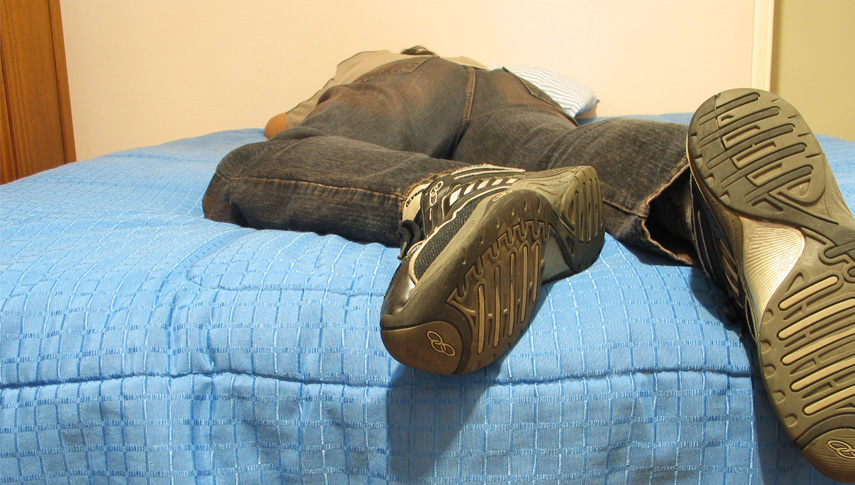Substantial sleep is an essential component to a happy and healthy life. The average adult needs seven to nine hours of sleep each night. Although it may be difficult to obtain the appropriate amount of sleep, finding time for it will improve your mental and physical health.
Sleep is the foundation for all other aspects of our lives. There are many areas in which the body rejuvenates itself during sleep, including the brain. While sleeping, your body restores itself and works on maintaining healthy brain function. The neurons in your brain work together to balance hormones, enzymes, and proteins within the body.
Your body on sleep
Here are some ways the different parts of your body benefit from sleep.
— Brain: When an individual is awake, the brain cells swell due to the activity of messages traveling from one neuron to another. When the brain is asleep, the cells shrink making more room for the brain and spinal cord’s fluid to travel back and forth. This transfer of fluid refreshes the brain and allows this vital organ to work at its maximum capability.
— Immune system: Receiving sufficient sleep allows the immune system to increase protein production and helps fight disease and infections. Individuals who receive moderate amounts of sleep deprivation have shown a reduction of white blood cells.Pancreas: Without sleep, the pancreas is unable to fully break down the sugars from our diet. Getting the recommended seven to eight hours of sleep can improve the fat-burning systems that regulate our weight.
— Muscles: In a single sleep cycle, a person moves about 35 times, while the muscles remain relaxed. The body is able to repair and restore any muscle tears or injuries.
— Skin: Cells work to repair damage and maintain skin elasticity. During sleep, the skin’s metabolic rate increases which improve the body’s cell production, while decreasing the breakdown of proteins.
Although life may be busy and hectic, it is important to make time for sleep. Make sleep a priority and don’t put it last on your to-do list. There are many ways you can improve your sleep, such as setting regular sleep and wake times, avoiding procrastination, and avoiding caffeine late in the day. Try to get a minimum of seven to eight hours of sleep every night. Your body will thank you!
Additional sleep resources
- Health Promotion and Wellness Sleep Pinterest board
- National Sleep Foundation
- Sleep tips from Health Promotion and Wellness
- Sleep and sleep disorders information from the CDC
- Sleep hygiene information from Student Counseling Services
Sources: The Power of Sleep via Time magazine and What happens to your body when you’re asleep
Ryan Schmidt is a Health Promotion and Wellness intern at Illinois State University.


